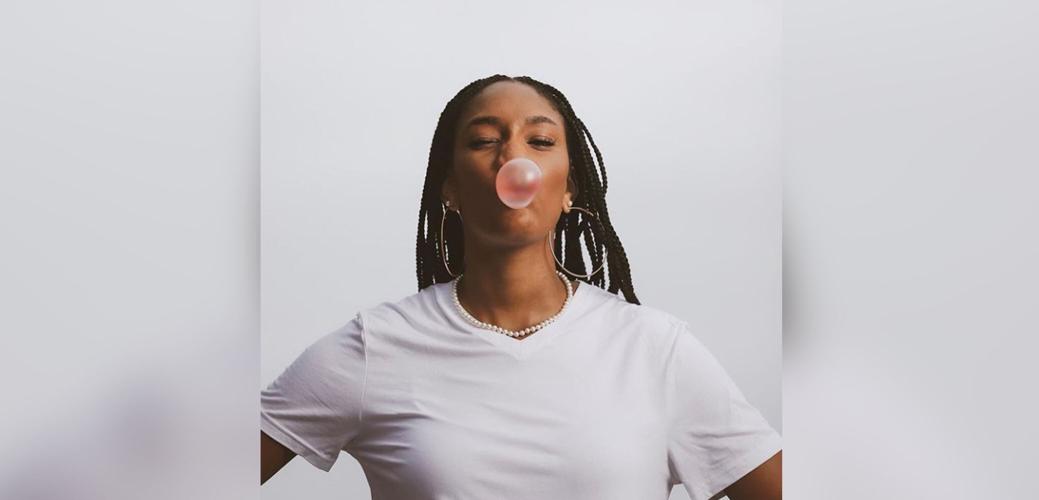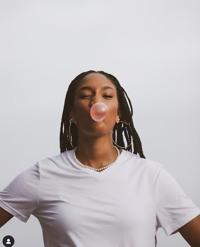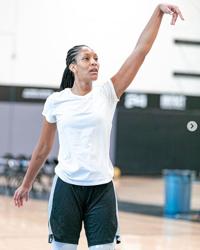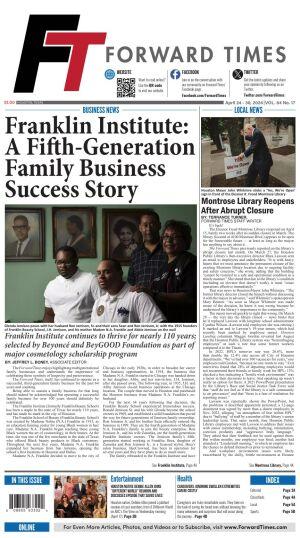… and other musings
Let’s face it. It’s not easy being a woman. The deep seeded hatred of women permeates the global society in how girls and women are treated within the patriarchal framework.
In this moment in history the world is also being confronted with another deep seeded hatred and it is the hatred of Black people as per their treatment within a white supremacist society.
Whether or not one chooses to acknowledge these truths based on their level of understanding and capacity for empathy does not change the fact that both truths are true.
Now imagine the plight of a person that has to stand at the intersection of these two groups of people and exist. The group of people at that intersection is Black Women.
Little Black Girls who, if lucky, grow up to be Black women stand on that intersection and plead for the people that drive by to stop, listen, acknowledge, or care. Their cries are often met with indifference, disrespect, or mockery. It’s as if Black women are standing at the bus stop waiting to get on but instead of the bus stopping to pick her up, the bus speeds by splashing her with a muddy puddle from the street.
Why?
This plight is global but for now let’s focus on America.
“The most disrespected person in America is the Black woman. The most unprotected person in America is the Black woman. The most neglected person in America is the Black woman.” That is an excerpt from Malcolm X’s speech “Who Taught You To Hate Yourself?” that he delivered in May of 1962. Fast-forward 58 years and not much has changed.
WNBA phenom A’ja Wilson penned a letter on The Players’ Tribune titled, “Dear Black Girls.” In the letter she talks about her own experience as a Black Girl. She explains how she understands that while all Black Girls stories are not the same there comes a moment when there is a shift into knowing they are not valued like they should be. “I know what it’s like to feel like you’ve been swept under the rug. I know what it feels like to not be heard, not be seen, not be taken seriously.” Wilson said.
She goes on to say, “And then when you finally do raise your voice … what do they call you? Loud. Angry. Ghetto. Sometimes it feels like you can’t win, right? Well, all I’m here to tell you is that I hear you. You are not alone, just know that.”

A’ja Wilson (Photo courtesy of A’ja Wilson’s IG @aja22wilson)
Wilson unapologetically tells the truth in that Black Girls do not get “the talk.” Not in the same way that Black Boys do. “They get told about how they’re seen as a threat to police, about how to navigate the world, about how to just survive. And that’s very necessary. But what do the Black girls get? (Crickets)”
It has been 5 months since 26-year-old Breonna Taylor was fatally shot and murdered in her home by Jonathan Mattingly, Brett Hankison, and Myles Cosgrove, three plain-clothed Louisville Metro police officers. While these three men are walking around free, Breonna has yet to get justice. Instead she has become a hashtag, a meme, a song, a statement, an idea. It’s heartbreaking.
There is no denying that there are people that are genuinely interested in seeking justice on her behalf, but it is simply not enough.
Prior to the opening of the WNBA season Layshia Clarendon, a New York Liberty player said, “We are dedicating this season to Breonna Taylor – an outstanding EMT who was murdered over 130 days ago in her home.”
It’s the same Black women who show up on the frontlines for any and everyone else’s cause that are merely asking to be treated humanely, acknowledged, and seen. The Say Her Name movement was created specifically to highlight the ways in which anti-blackness shows up differently based on gender.
What A’ja does in her letter to Black Girls is affirm their existence and value.
“We don’t want to be some meme or whatever,” Wilson says. “We don’t want to be the Angry Black Woman or the Aggressive Black Woman. We just want to be seen as human beings in this world. We just want to be heard when we speak. We just want to be respected.”

A’ja Wilson (Photos courtesy of A’ja Wilson’s IG @aja22wilson)
Black Girls and Black Women just want to be seen, heard, and respected. While it’s easy to point the finger at people outside of the Black community perpetuating the mistreatment, this message is for members inside of the community as well. A little reciprocity would make a difference.
Wilson ends her poignant letter saying, “I see you. I got you.”
Respect Black Girls. Respect Black women.



























Commented
Sorry, there are no recent results for popular commented articles.